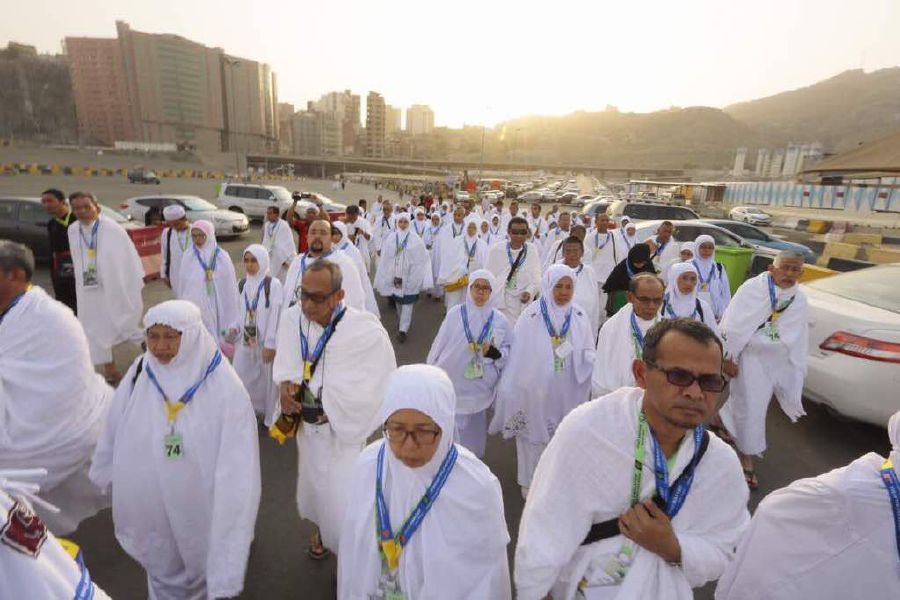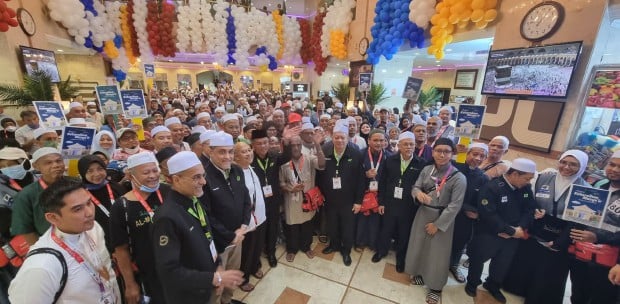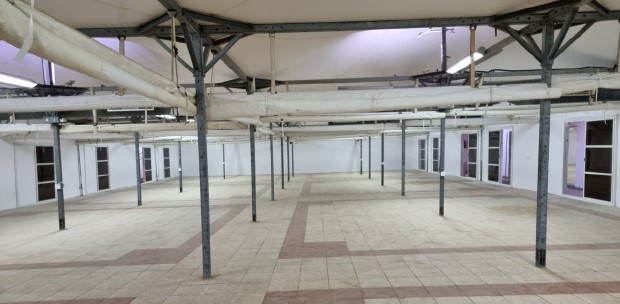MECCA: Malaysian Haj pilgrims will start moving to Arafah for the Masyair phase tomorrow (August 30), for what promises to be the most challenging part of their Haj pilgrimage.
The transfer of 30,200 Malaysian pilgrims will take all day — three trips of about 20 buses per maktab — starting at 9am with the last bus of pilgrims expected to arrive in Arafah at night.
Though Arafah is about 20km southeast of Mecca, the journey will be challenging as at least 2 million pilgrims from all over the world will also be travelling to the same destination.
Clad only in their ihram (two pieces of white cotton cloths for men), pilgrims will spend their nights in tents (in Arafah and Mina) or under the open sky (in Muzdalifah), and their days in prayer and supplication.
In Mina, the Stoning of the Devil ritual over three days will involve walking 3.5km from their tents to the Jamrah, and another 3.5km walk back.
“This is why they say in Haj, pilgrims will be ‘tangled and messy’ with all the people and crowds during their worship. It is part of the Haj philosophy that when faced with difficulty, the pilgrim should depend on God for assistance. Within these challenges and obstacles they will be rewarded for their patience,” Tabung Haji operations director (guidance) Tengku Aziz Raja Abdullah.
He said in his experience, those who place their hopes on Allah will be able to perform Haj in peace and comfort.
“But if they are arrogant, thinking they are more important than others, then they will likely face problems and obstacles during their Haj,” Tengku Aziz added.
He also reminded pilgrims to heed what they were taught regarding worship to ensure their prayers and supplications remain pure.
Invoking God’s wrath through evil and superstitious deeds, quarrelling, or arrogance could jeopardise their Haj.
“In the past, some pilgrims would cut the rope used for tents in Arafah and keep them as a charm, believing that it will help their business sales or bring them good luck.
“Others would bury money in the ground at Arafah, believing it will ‘multiply’ and bring them wealth. There is no such thing. This is superstition and equating something else with God’s power (a sin),” Tengku Aziz told Malaysian media here recently.
He said whatever the pilgrims desire — forgiveness for their sins, wealth, good fortune, long life, or good health — they should humbly beg for it from Allah in supplication.
“Wukuf in Arafah is very, very important in Haj. Tabung Haji’s efforts in preparing the pilgrims through courses, forums and ceramah is to make sure when they come to Arafah, Muzdalifah and Mina they do what’s required properly. We cannot stress this enough,” he added.
Tengku Aziz said for the past four years, Tabung Haji has prepared a checklist for pilgrims to verify what they have or have not done with regards to their Haj worship.







